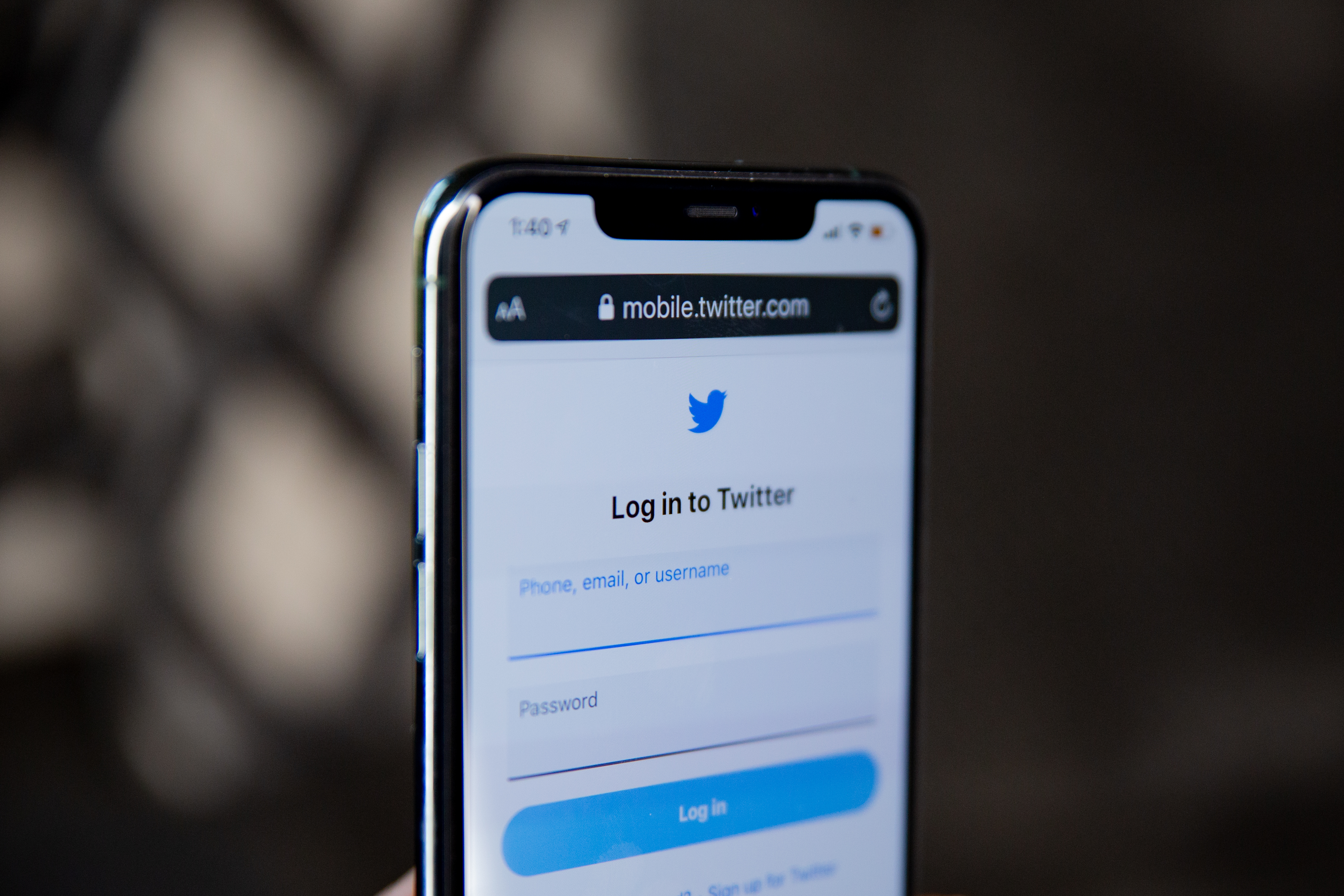I Have Not ‘Called for Chinese-Style Censorship of the Internet’
Nor am I “panicked over free speech breaking out” on Elon Musk’s Twitter, or part of “a strong movement on the left to regulate and censor the Internet.”

Published by The Lawfare Institute
in Cooperation With

I spend a lot of time and effort at my law school promoting the free exchange of ideas and ensuring that unpopular speakers have a platform. I do not believe I have ever advocated censorship of anything or anyone.
I was thus surprised (and, at first, amused) to read Jonathan Turley charging me with “call[ing] for Chinese-style censorship of the internet,” and claiming I was part of a group of “professors, writers, and editors” that was “against free speech” and “doing lasting damage not only to free speech but [to our] professions.” In support of this claim, Turley cited this sentence from a piece with Andrew Woods in the Atlantic in 2020: “China was largely right and the United States was largely wrong.” I normally would not respond to a misconstrual or misrepresentation of my work—it happens. But then I discovered that Turley had at least 20 times—in posts, op-eds, and an article—asserted that I “call[] for Chinese-style censorship.”
If you read the Atlantic piece, which Turley does not link to, you will see that neither the sentence nor the article calls for Chinese-style censorship of the internet. But when some conservatives commentators nonetheless construed the article along the lines of Turley back in 2020, Woods and I quickly wrote a follow-up piece on Lawfare to underscore that we “do not remotely endorse China-style surveillance and censorship, or claim that the United States should adopt China’s practices.” (It seems absurd to have to repeat those words.)
The Atlantic article was about the rise and rise of digital harms, and of private and public regulation of those harms, and it predicted that the general trend of increased regulation of those harms, especially by the government, would not soon abate. From the perspective of the 1990s, it argued, China was largely right, and the United States largely wrong, about the existence of such harms and the need to address them, either by public or private means, albeit in pursuit of very different values and ends in the two systems. (One window on the likelihood of more government involvement in the problem can be seen in the broad efforts by conservative justices, judges, commentators, and legislators—many of them libertarians—to regulate, or approve regulation of, social media platforms via antitrust, Section 230, common carrier theories, and the like, to ensure that they monitor speech in the “right” way.)
I am not going to relitigate what I said in the Atlantic or on Lawfare—anyone interested can read those pieces to see if Turley has accurately represented my views. But I do want to correct the record concerning some of Turley’s campier claims—somehow connected to the Atlantic article—about my actions and beliefs. In addition to not “call[ing] for Chinese-style censorship of the internet,” I am not “against free speech”; I am not “panic[ked] over free speech breaking out” on Elon Musk’s Twitter; I have not “echoed the call” for European Digital Service Act censorship; I am not part of an “alliance of academics, writers and activists calling for everything from censorship to incarceration to blacklists”; I have not “cross[ed] the Rubicon from free speech to censorship models”; I am not “pushing for greater censorship and speech controls”; I am confident that the Biden administration was not “drawing upon” my work in its jawboning efforts, which I oppose; and I am not part of “a strong movement on the left to regulate and censor the Internet.”
With that out of the way, let me state the obvious: Platform speech, as Elon Musk is learning, is a super-hard problem. The platforms have not done a great job of figuring out the right speech rules—assuming there is such a thing. And the federal government is very unlikely to do better, even assuming that it acts consistent with the First Amendment. Yet the current arrangement has produced an enormous variety of serious social harms, including harms to America’s free speech culture. I haven’t seen a workable solution to this foundational conundrum, and I do not have one. Woods and I will have much more to say on these hard topics in a book we are writing about the naivete and failure of the 1990s American internet project, and the tragic trade-offs that digital networks pose to foundational American values. More to come.



.jpg?sfvrsn=676ddf0d_7)

